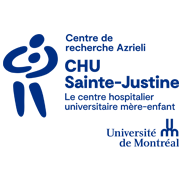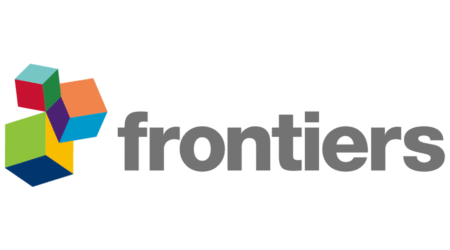Dernière mise à jour : 23 juin 2025
Chaque semaine, tout au long des trimestres d’automne et d’hiver, le Département de pharmacologie et physiologie est fier de recevoir des conférenciers de renommée nationale et internationale. Pour connaître nos prochains invités et les sujets traités, consultez le calendrier ci-dessous.
Cet automne, nos séminaires seront à nouveau en présentiels. Nous allons aussi prévoir quelques séminaires qui se donneront en Zoom au besoin. Les séminaires se tiendront au Pavillon Paul-G.-Desmarais, local 1120. Il n’y aura plus de limitation quant au nombre de personnes qui pourront assister en présentiel.
Fiers partenaires Platine:

Et Or:
![]()


![]()


Calendrier
Date : 18 septembre 2025 à 9 h
Titre : À venir
Conférencier : À venir
Résumé : À venir
Responsable :
Endroit : Pavillon Paul-G. Desmarais, local 1120.
Date : 25 septembre 2025 à 9 h
Titre : À venir
Conférencier : À venir
Résumé : À venir
Responsable :
Endroit : Pavillon Paul-G. Desmarais, local 1120.
Date : 9 octobre 2025 à 9 h
Titre : À venir
Conférencier : À venir
Résumé: À venir
Responsable :
Endroit : Pavillon Paul-G. Desmarais, local 1120.
Date : 23 octobre 2025 à 9 h
Titre : À venir
Conférencier : À venir
Résumé: À venir
Responsable :
Endroit : Pavillon Paul-G. Desmarais, local 1120.
Date : 30 octobre 2025 à 9 h
Titre : À venir
Conférencier : À venir
Résumé: À venir
Responsable :
Endroit : Pavillon Paul-G. Desmarais, local 1120.
Date : 13 novembre 2025 à 9 h
Titre : À venir
Conférencier : À venir
Résumé: À venir
Responsable :
Endroit : Pavillon Paul-G. Desmarais, local 1120.
Date : 27 novembre 2025 à 9 h
Titre : À venir
Conférencier : À venir
Résumé: À venir
Responsable :
Endroit : Pavillon Paul-G. Desmarais, local 1120.
Date : 4 décembre 2025 à 9 h
Titre : À venir
Conférencier : À venir
Résumé: À venir
Responsable :
Endroit : Pavillon Paul-G. Desmarais, local 1120.
Date : 11 décembre 2025 à 9 h
Titre : Exploring Cost-Effective Approaches to Microfluidics for Healthcare
Conférencier : Nasrollah Tabatabaei, Ph.D.
Assistant Professor
Department of Medical Nanotechnology
Vice-Dean of International Affairs
School of Advanced Technologies in Medicine
Tehran University of Medical Sciences, Iran
Résumé: À venir
Responsable :
Endroit : Pavillon Paul-G. Desmarais, local 1120.
Date : 22 janvier 2026 à 9 h
Titre : À venir
Conférencier : À venir
Résumé: À venir
Responsable :
Endroit : Pavillon Paul-G. Desmarais, local 1120.
Date : 29 janvier 2026 à 9 h
Titre : À venir
Conférencier : À venir
Résumé: À venir
Responsable :
Endroit : Pavillon Paul-G. Desmarais, local 1120.
Date : 12 février 2026 à 9 h
Titre : À venir
Conférencier : À venir
Résumé : À venir
Responsable :
Endroit : Pavillon Paul-G. Desmarais, local 1120.
Date : 19 février 2026 à 9 h
Titre : À venir
Conférencier : À venir
Résumé: À venir
Responsable :
Endroit : Pavillon Paul-G. Desmarais, local 1120.
Date : 12 mars 2026 à 9 h
Titre : À venir
Conférencier : À venir
Résumé: À venir
Responsable :
Endroit : Pavillon Paul-G. Desmarais, local 1120.
Date : 19 mars 2026 à 9 h
Titre : À venir
Conférencier : À venir
Résumé: À venir
Responsable :
Endroit : Pavillon Paul-G. Desmarais, local 1120.
Date : 2 avril 2026 à 9 h
Titre : À venir
Conférencier : À venir
Résumé: À venir
Responsable : À venir
Endroit : Pavillon Paul-G. Desmarais, local 1120.
Date : 9 avril 2026 à 9 h
Titre : À venir
Conférencier : À venir
Résumé: À venir
Responsable :
Endroit : Pavillon Paul-G. Desmarais, local 1120.
Date : 16 avril 2026 à 9 h
Titre : À venir
Conférencier : À venir.
Résumé: À venir
Responsable :
Endroit : Pavillon Paul-G. Desmarais, local 1120.
